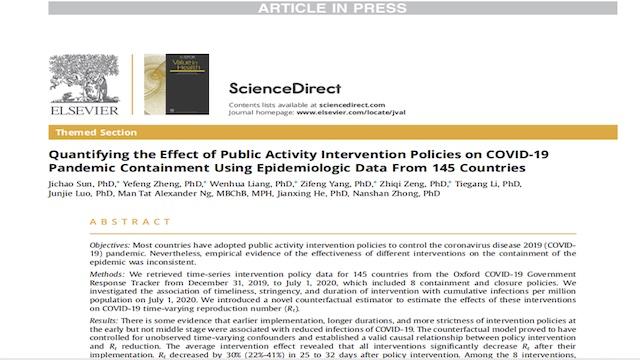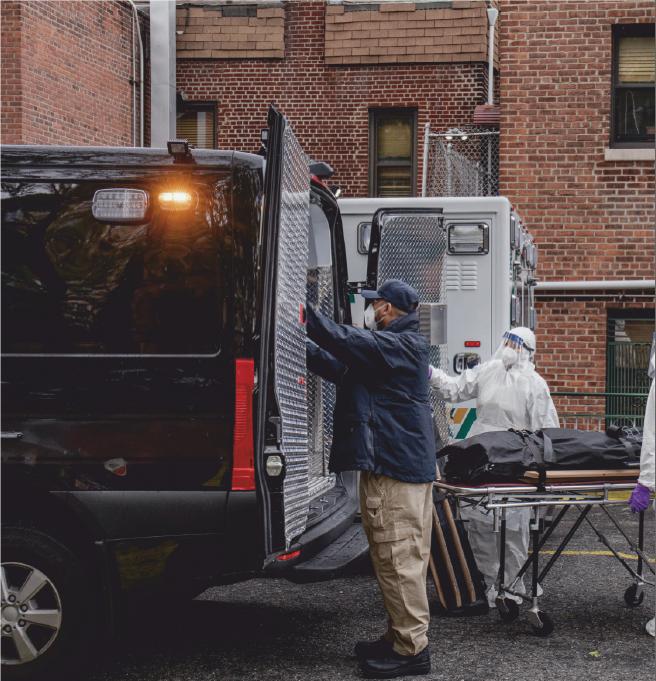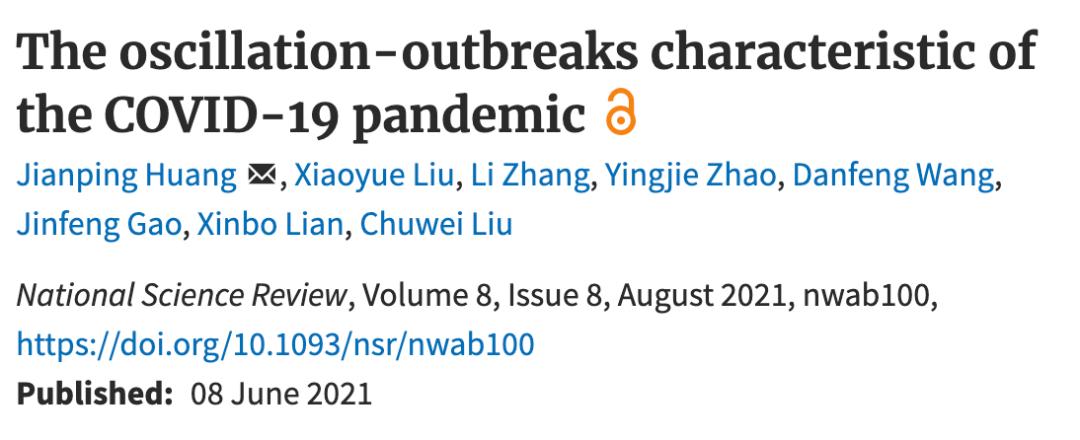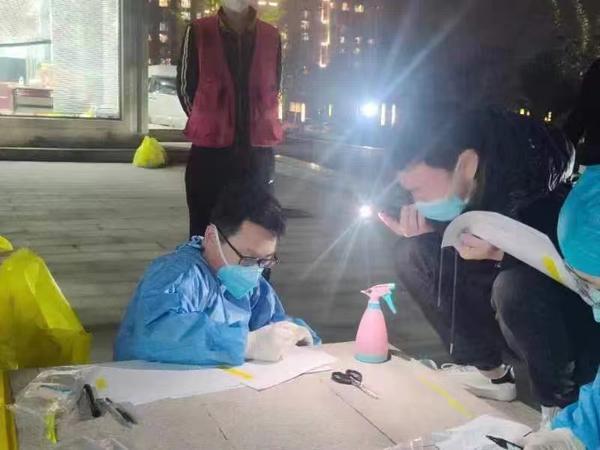COVID-19 Pandemic: The Global Health Crisis Unfolding
Headline: "The World in Lockdown: Navigating the COVID-19 Pandemic's Impact on Economies, Societies, and Health Systems"
[Front Page]
Global Health Emergency Declared
The World Health Organization (WHO) declared the outbreak of the novel coronavirus (SARS-CoV-2), later named COVID-19, a global pandemic on March 11, 2020. This historic declaration marked a turning point in the global response to the virus, which had first emerged in Wuhan, China, in late 2019. The pandemic has since spread to every corner of the world, infecting millions and claiming countless lives.
[Health Update]
Vaccine Rollout Accelerates but Variants Threaten Progress
As of this edition's publication date, over 7 billion vaccine doses have been administered worldwide, with many countries reporting high vaccination rates among their populations. However, the emergence of new COVID-19 variants—including the highly transmissible Omicron—has posed a significant challenge to public health efforts. Scientists race to develop booster shots and monitor the variants' impact on vaccine efficacy, while governments implement stricter measures to contain their spread.
[Economic Impact]
A Global Economic Meltdown Unfolds
The pandemic has wreaked havoc on global economies, leading to the worst recession since the Great Depression. Businesses closed their doors, supply chains disrupted, and unemployment rates skyrocketed. Governments worldwide have implemented lockdowns and stimulus packages in an attempt to cushion the economic blow, but the damage is profound. Small businesses, in particular, have been hit hard, with many facing bankruptcy or forced closures. The International Monetary Fund (IMF) estimates that the global economy will take years to fully recover from the pandemic's economic fallout.
[Social Dynamics]
The Rise of Digital Connectivity and Isolation
The pandemic has accelerated the world's digital transformation at an unprecedented pace. Online education, telecommuting, and virtual events have become the norm for millions. However, this digital revolution has also fueled a new form of social isolation. As people are forced to maintain physical distance, mental health issues such as anxiety, depression, and loneliness have surged. The importance of digital connectivity in maintaining social ties is now more evident than ever, but its dark side—the loss of human contact—is also becoming apparent.
[Science and Research]
The Race for a Cure
Scientists around the globe have been racing against time to understand COVID-19 and develop effective treatments and vaccines. Research efforts have focused on understanding the virus's transmission dynamics, developing antiviral drugs, and enhancing vaccine technologies. While there have been significant breakthroughs in these areas, the pandemic continues to highlight the importance of global collaboration in scientific research. The race for a cure is far from over, with scientists continually monitoring new variants and working towards more effective solutions.
[Policy Responses]
A Patchwork of Responses Across Nations
In response to the pandemic, governments have implemented a wide range of policies aimed at mitigating its impact. These include lockdowns, travel bans, contact tracing, and testing programs. However, the effectiveness of these measures varies greatly depending on the country's resources, political will, and population compliance. Some countries have successfully contained the virus through strict measures, while others have grappled with surging cases and new variants. The patchwork of responses highlights the need for a more coordinated global approach to public health emergencies.
[Future Prospects]
Building Back Better: Lessons Learned and Ahead
As we look towards a post-pandemic world, it is crucial to reflect on the lessons learned during this crisis. The pandemic has underscored the importance of public health systems, digital infrastructure, and global cooperation. It has also highlighted the need for resilient economies that can withstand future shocks. Governments and international organizations are now working on plans to "build back better," investing in healthcare systems, promoting digital inclusion, and fostering international collaboration in the face of future health emergencies.
[Conclusion]
The COVID-19 pandemic has reshaped our world in ways that will be felt for years to come. It has tested our resilience as a society and highlighted both our strengths and weaknesses. As we navigate this unprecedented crisis, it is essential to remember that we are all in this together. The fight against COVID-19 requires not just scientific breakthroughs but also a collective effort from every corner of society—from individuals adhering to public health guidelines to governments implementing effective policies to researchers pushing the boundaries of knowledge. Only by working together can we overcome this challenge and build a more resilient future for all.
转载请注明来自爬爬百科,本文标题:《COVID-19疫情,全面英文报纸报道》












 京ICP备11000001号
京ICP备11000001号
发表评论